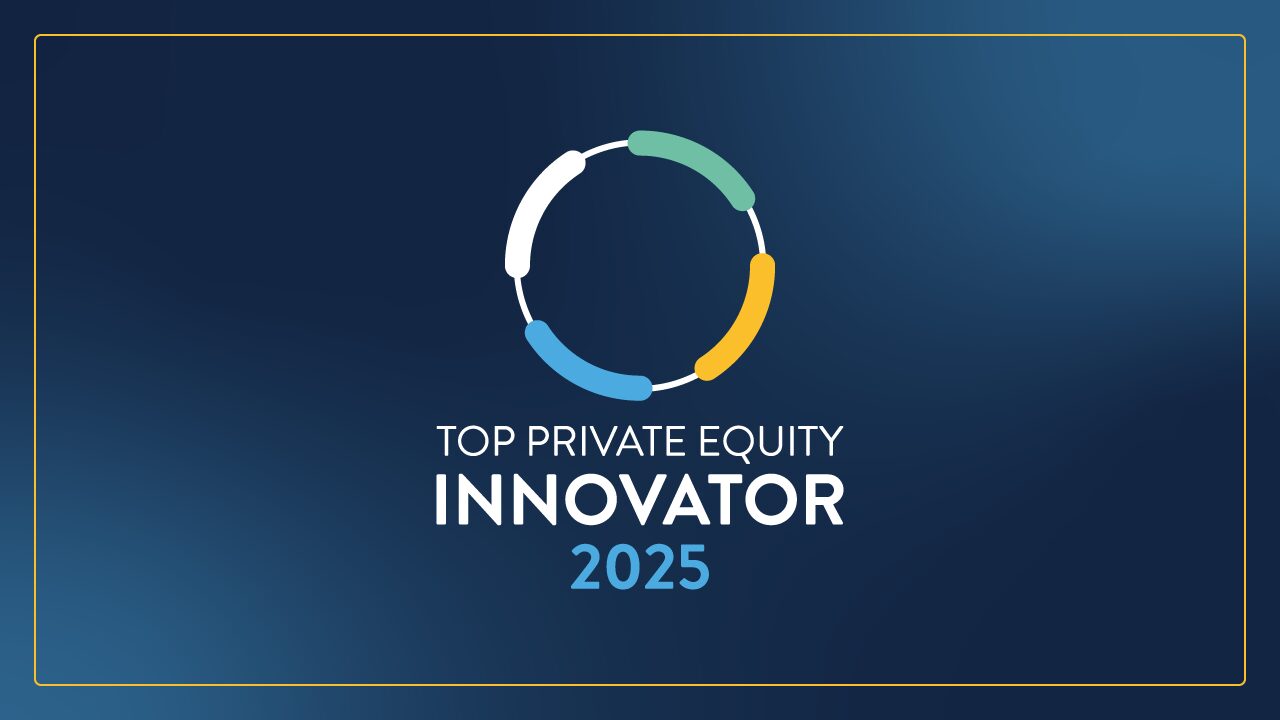The manufacturing sector, with its complex supply chains and reliance on precision, stands on the brink of a technological renaissance. As companies look to acquire or merge with manufacturing entities, IT due diligence emerges as a pivotal element, one that can reveal the technological prowess or deficiencies of a target company.
This meticulous examination goes beyond surface-level assessments, delving into the digital sinews that could either empower or inhibit a manufacturing giant’s capabilities.
Let’s look at each aspect of the IT due diligence process and how they can be tailored to manufacturing industry targets.

Preparation
A robust preparation phase is crucial for IT due diligence, particularly in the manufacturing industry where systems and practices may have remained unchanged for decades. This initial stage is about more than just assembling a team; it’s about cultivating a mindset geared toward comprehensive evaluation and future-proofing.
The team must not only have expertise in current IT trends but also in the legacy systems that are often prevalent in manufacturing. They need to be prepared to ask the right questions and to look beyond the surface to understand how IT systems support the manufacturing process, from inventory management to quality control.
Additionally, the preparation phase should involve establishing clear communication channels with the target company to facilitate a smooth and transparent information exchange.
READ MORE: What is Commercial Due Diligence?
Information Gathering
The information-gathering phase extends beyond cataloging software and hardware. It involves understanding the interdependencies of these systems and how they support the manufacturing process. A thorough analysis includes reviewing the lifecycle of IT assets, understanding the maintenance schedules and assessing the robustness of disaster recovery plans.
In manufacturing, where just-in-time delivery models and lean inventories are common, the ability of IT systems to provide real-time data and analytics is critical. This phase should also include interviews with key IT personnel to gain insights into the day-to-day operations and the challenges faced by the current IT infrastructure.
Asset Evaluation
Asset evaluation in the manufacturing sector must account for the unique demands of the industry. This includes considering the impact of IT assets on operational continuity, the ease of integrating new technologies and the support of continuous improvement initiatives.
Evaluating the IT assets also means considering their role in compliance with industry standards and regulations, which can be particularly stringent in manufacturing. The assessment should factor in the scalability of the IT systems to support business growth, the flexibility to adapt to new manufacturing methods and the ease with which the systems can interface with those of suppliers and customers.
READ MORE: Procurement, Sourcing in Manufacturing Industry
Contract Review
A meticulous contract review is essential to uncover any constraints that could limit the target company’s ability to adapt and grow. This step goes beyond confirming service levels and support terms; it involves evaluating the strategic implications of IT-related contracts.
For example, are there long-term agreements in place that could restrict the adoption of more advanced technologies? Are there exclusivity clauses or penalties for changing vendors that could financially burden the company post-acquisition?
The review should also consider data ownership and access rights, which are increasingly important in an era where data is a critical asset.
Risk and Opportunity Identification
Identifying risks in the IT domain requires a keen understanding of the manufacturing sector’s reliance on uninterrupted systems operation.
Risks can range from cybersecurity threats to the obsolescence of critical hardware or software. Conversely, the identification of opportunities should focus on areas where IT can provide a competitive edge, such as through the implementation of advanced analytics for process optimization or by enabling more responsive supply chain management.
This step should also consider the cultural aspects of IT change management within the manufacturing environment, recognizing that the adoption of new technologies will impact employees and workflows.
READ MORE: Power of AI, Data Analytics in IT Due Diligence
Recommendations
The final recommendations should provide a clear, actionable strategy for IT integration and improvement. This strategy must be aligned not only with financial objectives but also with the operational realities of manufacturing.
Recommendations might include a phased technology rollout plan that minimizes disruption to production, or suggestions for workforce training to ensure a smooth transition to new systems. The recommendations should also prioritize initiatives that can deliver quick wins, such as process automation or data centralization, to build momentum and demonstrate the value of IT investments.
As the manufacturing industry continues to evolve, the significance of IT due diligence cannot be overstated. It is a critical exercise that, when executed with precision, can uncover hidden risks, validate the value of IT assets and identify strategic opportunities for technological advancement.
For investors in the manufacturing space, facing the complexities of IT due diligence requires a specialized skill set. A third-party expert, with a deep understanding of both IT and manufacturing, can be an invaluable ally. They bring a level of insight that ensures due diligence is not just a checkbox exercise but a strategic evaluation that informs investment decisions.
BluWave stands at the ready to connect you with the bespoke expertise your manufacturing IT due diligence requires. Our network of pre-vetted service providers is equipped to handle the unique challenges of the manufacturing sector, ensuring that your IT due diligence process is thorough, insightful and tailored to your specific needs.
To learn more about how BluWave can assist in your IT due diligence efforts and help secure the technological future of your manufacturing investments, reach out to our research and operations teams. Let us guide you to the ideal service provider and ensure that your next acquisition is technologically equipped to thrive in the modern manufacturing landscape.


